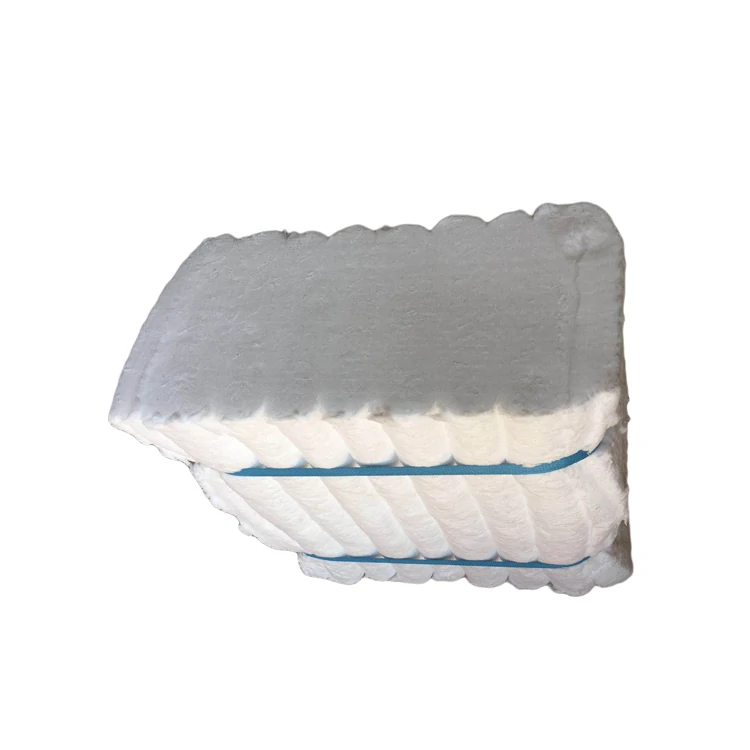The characteristics of 1430°C refractory industry insulation ceramic fiber blocks
Here are some key characteristics and uses of 1430°C refractory industry insulation ceramic fiber blocks:
Temperature Resistance - Capable of continuous use up to 1430°C without degradation, damage or loss of insulating properties.
Low Thermal Conductivity - Achieves excellent heat retention with a thermal conductivity of only 0.13-0.15 W/mK, inhibiting heat transfer.
Lightweight - At just 128 kg/m3, the blocks are easy to handle and install compared to denser materials like firebricks.
Moldable - Can be easily cut, drilled or molded on-site to fit complex commercial or industrial furnace geometries.
Durability - Maintains strength and impermeability even after years of high temperature cyclic use in corrosive environments.
Non-combustible - Made from alkaline-earth silicate fibers that will not fuel combustion or emit toxic fumes in a fire.
Applications - Ideal for lining kilns, furnaces, boilers operating up to 1430°C in steel, glass, petrochemical plants and other process industries.
Advantages - Reduces energy costs, protects steel structures, allows for uniform heat distribution versus non-insulated surfaces.
Compliance - Manufactured meeting directive 97/69/EC requirements for maximum aluminum and alumino-silicate fiber levels.
The refractory-grade performance of these fiber blocks delivers optimized thermal control in industrial heating processes.




评论
发表评论